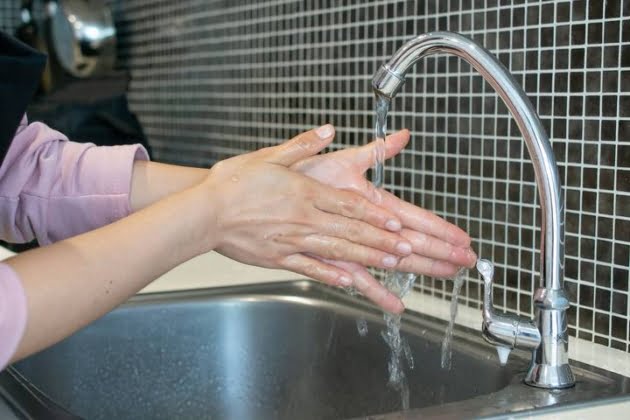The lack of hot water in your kitchen sink may occur for several reasons. Some issues are relatively minor and only require quick adjustments. However, other problems can be so severe that they need repairs or replacements.
Sometimes, your kitchen sink may produce no hot water because of rust and corrosion. If so, buying a new water heater would be necessary. However, replacing the equipment isn’t always your go-to solution. There may be fixable components, like a faulty cartridge or a line blockage. A plumber can diagnose the problems and help you make suitable repairs.
Initially, having no hot water in the kitchen sink may perplex you. However, you can investigate and find the root of the problem. Let’s learn about what causes no hot water in the kitchen sink.
There may be a hot water leakage.
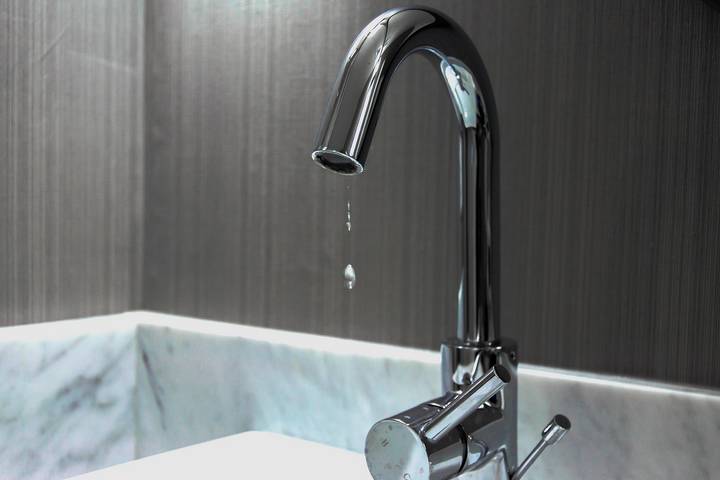
If there is no hot water in the kitchen sink, it’s time to investigate why. Start by checking if the water heater is the cause of the problem. Often, there is no hot water in the kitchen sink because of a leakage in the water heater. Leakages may occur when rust and corrosion overcome your equipment, causing it to deteriorate.
To check for a leak, turn off your water supply and remove the heating elements from your unit as per its specific instructions. You’ll need to replace those parts if there are any signs of rust or corrosion. In severe cases, you may need to purchase a new heater, as these issues may be unrepairable.
However, other causes of leakage are fixable. Sometimes, there may be loose connections among the pipes, leakage of the inlet valve, or too much pressure on the temperature valve. Once you have sourced out the cause of the leakage, you can determine the magnitude of the problem. Afterwards, a plumber can help you make the necessary repairs.
There is a cartridge failure in the kitchen sink.
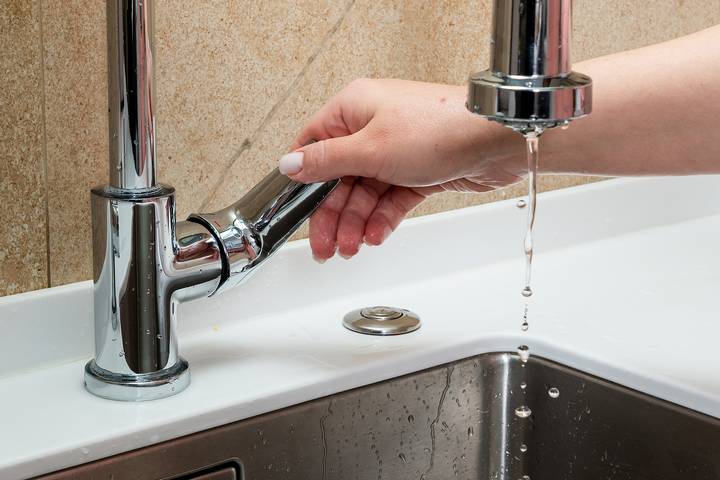
A cartridge controls how much hot and cold water will flow when you turn on the faucet. You will find cartridges installed inside single-lever kitchen faucets. When there is a cartridge failure, it may cause no hot water in the kitchen sink.
To investigate, turn off your water supply to the faucet and remove the cartridge from it. Continue to inspect it for debris build-up, which can grow in size and cause blockages over time. The cleaning process will differ depending on the cartridge you own. An effective technique is soaking the cartridge in white vinegar to remove the mineral build-up. Once done, the cleaned cartridge should work again, allowing the hot water to run.
There is a line blockage in the kitchen sink.
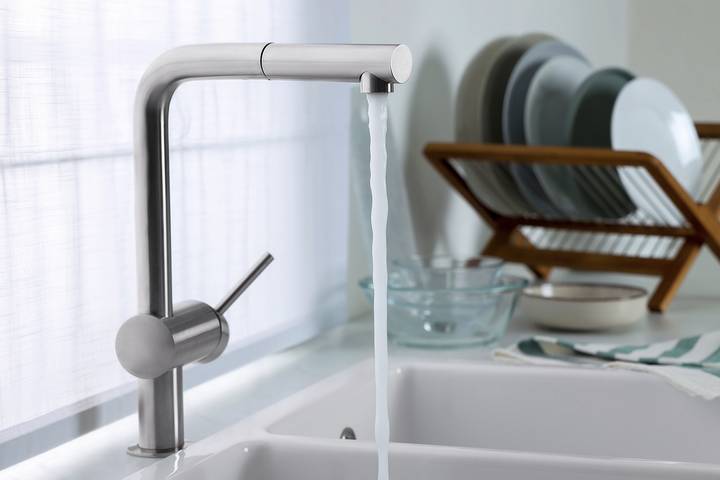
Line blockages can cause no hot water in the kitchen sink. Fortunately, they are simple to solve. To check, turn off only the cold-water supply below the sink. Loosen up the cartridge before you turn on the hot water. If the hot water still does not run, a line blockage could be the cause.
To fix this, start by placing a bucket under the connection to the hot water. Turn off the hot water supply and remove its line from the faucet. Using your finger, block the faucet spigot and continue turning on the cold water. The cold water should make its way through the hot water inlet, clearing up the blockages. Once you remove the obstructions, the hot water should run smoothly again. Finish off by reassembling your sink.
Hot water takes too long to reach the sink.
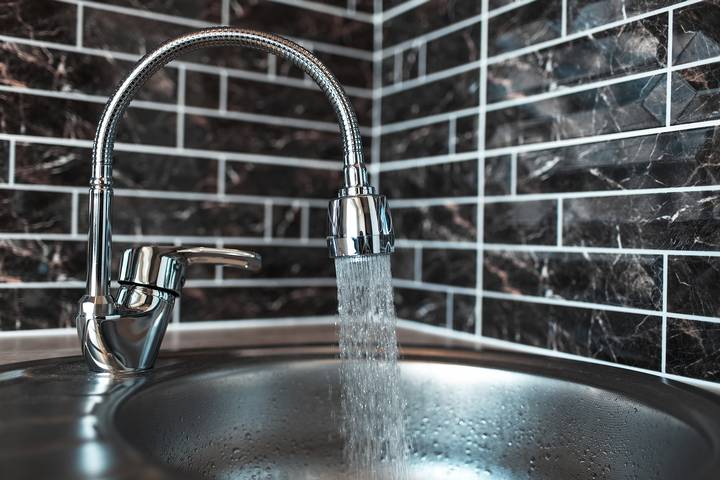
Sometimes, there is hot water in your kitchen sink. However, the problem is that it takes too long for the water to come out. Depending on various circumstances, it may take some time for hot water to navigate toward your sink. If you place the water heater far away from the faucet, the long journey may cause a delay. Likewise, the diameter of your sink pipes or the environmental temperature may add more time lags.
There are some ways to speed up this process:
1. Replace your flow rate
Your faucet may have a low flow rate. Consider installing a faucet with a higher flow rate to increase the speed at which you obtain hot water.
2. Insulate your pipes
If you add installation to the pipes, you can store the heat for longer. Insulation could also combat the effects of freezing outdoor temperatures, protecting the hot water from the cold.
3. Regular maintenance
In addition, it’s crucial to check your pipes, faucets, and cartridges routinely. Ensure they remain of good quality to avoid hot water cut-offs. With ongoing plumbing maintenance, you’ll minimize issues that emerge during winter. You can have peace of mind and enjoy hot water flowing into your kitchen sink! Contact a Whitby plumber to help you with these inspections.



